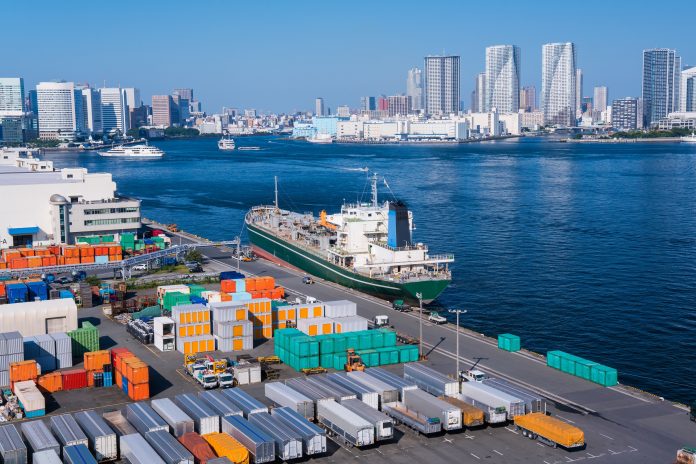
In March 2011, the Tohoku earthquake hit Japan. It triggered a tsunami from which they are still recovering. Aside from the hundreds of billions of dollars of damage done, the tsunami caused the Fukushima Daiichi nuclear power plant to go into meltdown. After the disaster, they shut down all 54 of their nuclear power plants. Since then, only nine reactors have come back online, and for good reason. Japan is part of the Pacific Ring of Fire, the most active earthquake belt in the world. Of all the earthquakes 6.0 or higher on the Richter scale, Japan accounts for around 20% of them. They have minor tremors there nearly every day.
Japan is the world’s largest LNG importer
If they weren’t already on shaky ground where energy production is concerned, Japan is greatly lacking in natural resources for energy production. They have virtually no natural gas, coal or oil. It was already dependent on the importation of energy sources, but after the shutdown of all nuclear reactors, their need skyrocketed. Japan is the largest importer of liquified natural gas (LNG) and coal in the world, and they are the second-largest importer of oil. For them, the shale boom in the United States came at just the right time.
The shale boom heard around the world
U.S. exports of natural gas to Japan was 13,310 million cubic feet in 2014. By 2018, that number jumped to 125,534 million cubic feet. Since 2018, exported shale gas from the plays in Pennsylvania have gone mostly to Japan. “After 2010, everybody, including the Japanese government and industry, realized the significance of the shale revolution in the United States,” said Ken Koyama, chief economist and managing director at the Institute of Energy Economics in Japan.
Capitalism is a wonderful thing
Because of our abundant natural gas, we are able to export it, and to export it at a great price, which is another boon for Japan. America’s more flexible contracts allow importers of our resources to be able to sell what they import to other countries and companies. Takuro Yamamoto of Tokyo Gas, “So now we can swap around cargo, this is a very important thing. We can make a profit (if it’s bought at) a higher price point.”
There is nothing better than a win/win situation. Exporting LNG is profitable for us, and importing our LNG is helping Japan with its continuing recovery from the Fukushima nuclear disaster. Making the Shale boom for the US a global relief in times of trouble.














